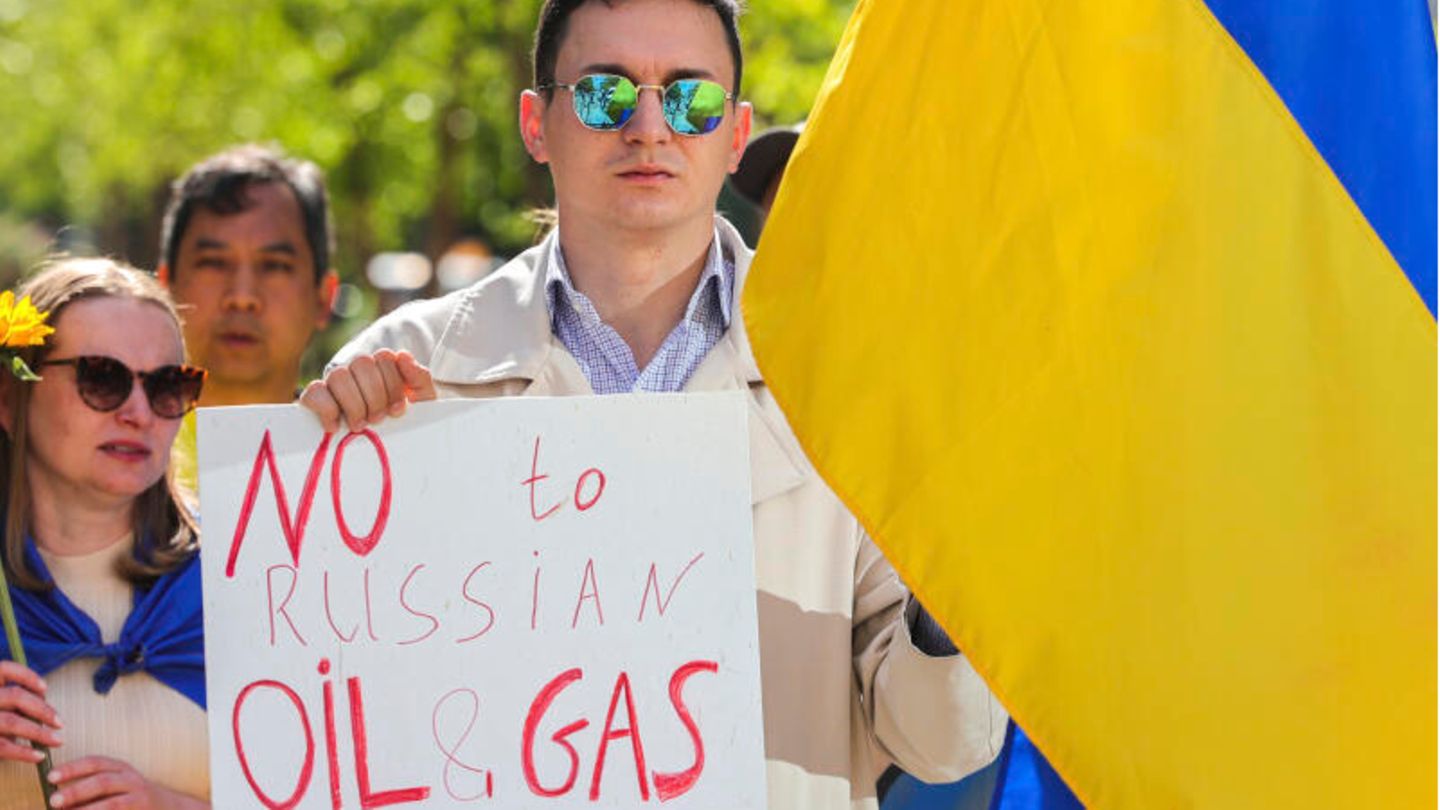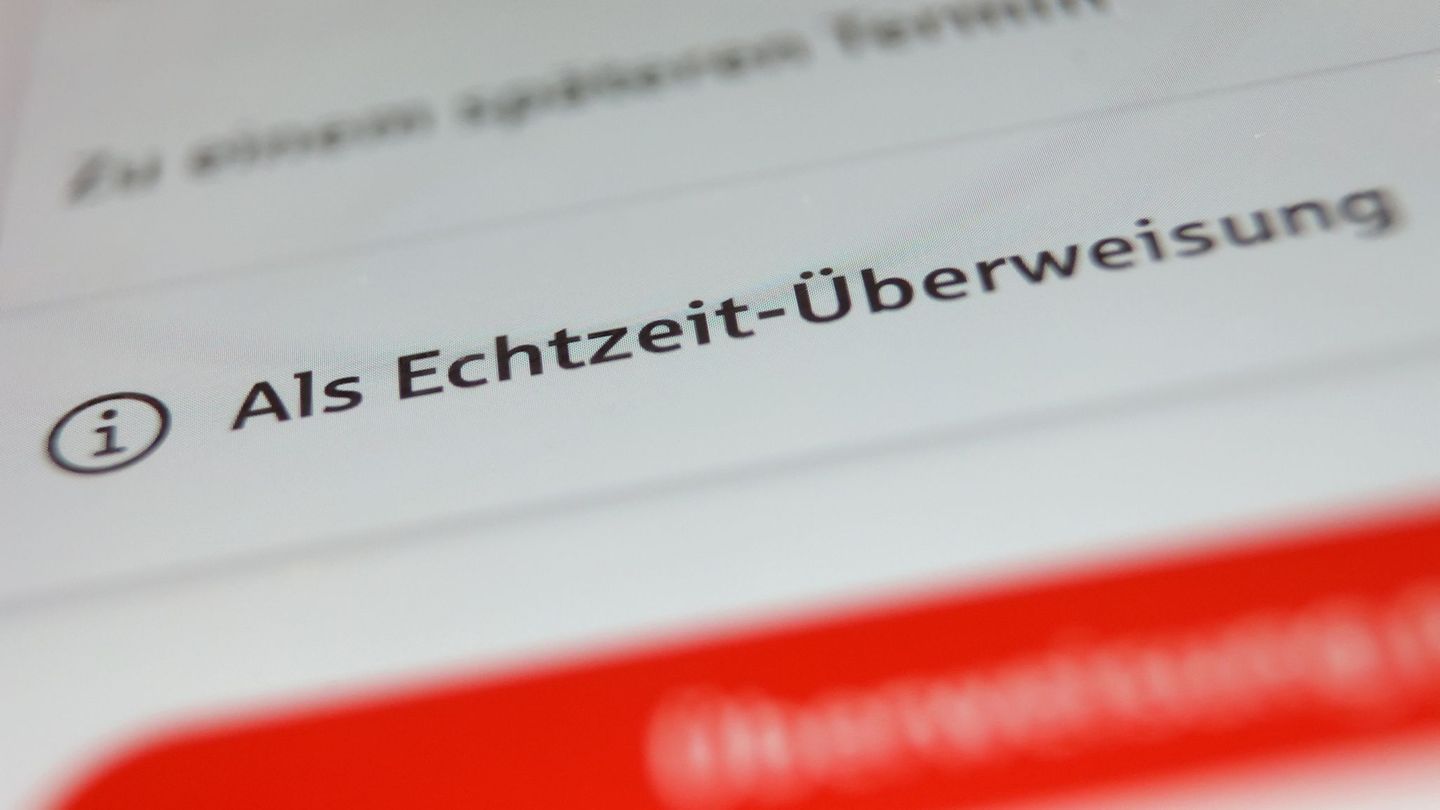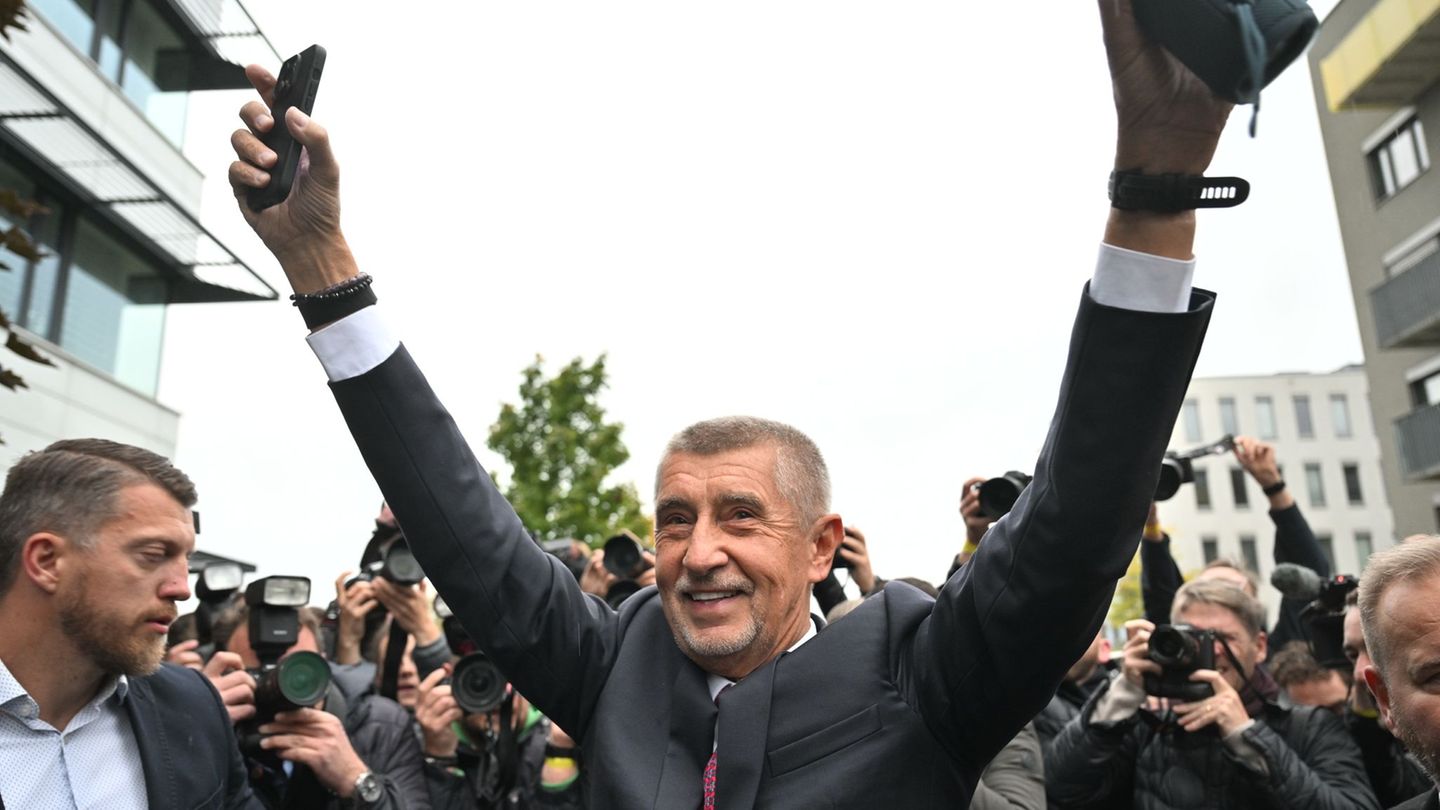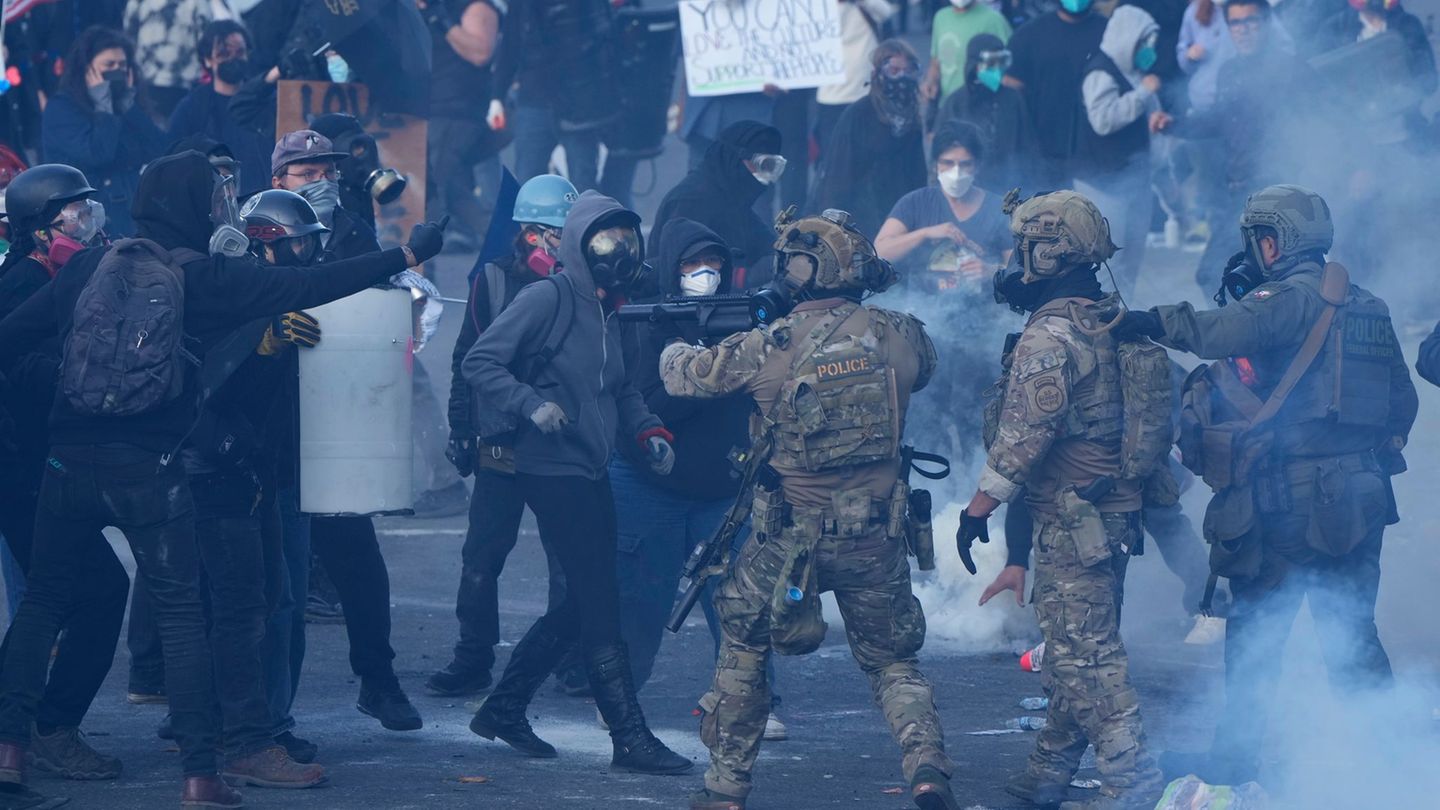In the dispute over the planned oil embargo against Russia, the EU countries have agreed on a compromise. More than two-thirds of Russian oil deliveries to the EU are said to be affected by the import ban.
The EU countries have agreed on a compromise in the dispute over the planned oil embargo against Russia. More than two-thirds of Russian oil supplies to the EU are said to be affected by the import ban, as EU Council President Charles Michel announced during a summit meeting in Brussels on Tuesday night. The Belgian wrote on Twitter of “maximum pressure on Russia” to end the war against Ukraine.
According to diplomats, the compromise stipulates that, at Hungary’s insistence, only Russian oil deliveries by sea will be blocked for the time being. Transports by pipeline should initially continue to be possible.
For the time being, Hungary will continue to be able to obtain Russian oil overland via the huge Druzhba pipeline. Refineries in eastern Germany and Poland as well as in Slovakia and the Czech Republic are also connected to it. However, Germany and Poland have already made it clear that they do not want to benefit from the pipeline oil exemption.
Hungary had blocked the oil embargo for weeks
Due to the additional waiver by Germany and Poland, Russia could only sell a tenth of the previous oil volume to the EU in the coming year. This is intended to punish the country for its war against Ukraine, which has now been going on for more than three months. According to estimates by the EU think tank Bruegel, until recently, EU countries were still spending around 450 million euros a day on oil from Russia.
For weeks before the breakthrough at the summit of heads of state and government in Brussels, Hungary had referred to its heavy dependence on Russian oil and blocked an agreement on an embargo. This was also relevant because it is part of an entire package of sanctions. In addition to the oil embargo, this also provides for excluding the largest Russian bank, Sberbank, from the Swift financial communication network. In addition, Russia’s state television news channel Russia 24 (Rossiya 24) and the state broadcasters RTR Planeta and TV Center are to be banned in the EU.
EU wants to support Ukraine with further billions in aid
In addition, the EU wants to provide Ukraine with further financial aid of up to nine billion euros, as announced by EU Council President Michel during the summit meeting. Ukraine should be able to use the money to cover running costs, for example for pension payments and the operation of hospitals. It is unclear how much money will be paid out as a grant and how much as a loan.
The EU Commission recently announced that it would propose a corresponding measure. At that time, EU Economic Commissioner Valdis Dombrovskis said that the help should consist primarily of loans and, in part, grants. According to Ukrainian information, the country receives the equivalent of almost 4.7 billion euros a month from the International Monetary Fund (IMF) and the World Bank. These are the costs that the Ukrainian budget needs for social spending as a result of the war.
Source: Stern
David William is a talented author who has made a name for himself in the world of writing. He is a professional author who writes on a wide range of topics, from general interest to opinion news. David is currently working as a writer at 24 hours worlds where he brings his unique perspective and in-depth research to his articles, making them both informative and engaging.




